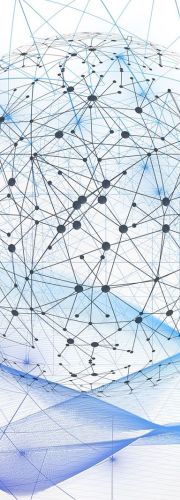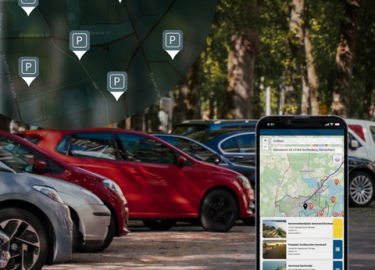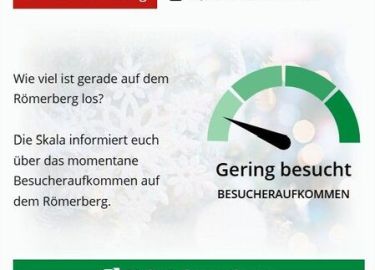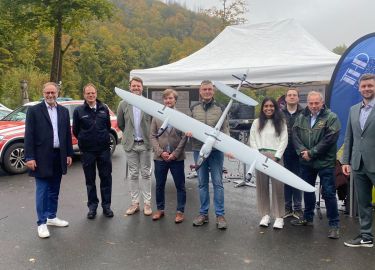Cities getting smart - on CeBIT 2017
Although digitization is taking the manufacturing industry by storm, it has yet to make a significant impact in public administration. This is all the more surprising, considering the enormous potential of digital technology for towns and cities.
When you’re in your car and stuck at the third red light in a row or driving down the same street for the nth time looking for a place to park, you might ask yourself: “Is there not a better way?” Digitization is the word on everyone’s lips in the manufacturing industry, where the Internet of Things (IoT) is constantly giving rise to new possibilities. But in cities, little progress has been made thus far.
In Germany, there are already several prominent examples of cities that have launched smart city initiatives, including Berlin, Hamburg, and Munich. However, such projects are associated with large investments, which seems to be the reason they have yet to become widespread. Currently, the majority of concepts are primarily concerned with intelligently controlling urban systems. Digitization generates huge volumes of data that can be combined and analyzed to create intelligent solutions for traffic management, resource efficiency, and urban planning and living.
Automation, but Not Enough Digitization
"At present, cities are not sufficiently prepared for the digital age", says Dirk Heuser from the Urban Software Institute (Hall 7, Stand A14) , an organization that advises municipalities, cities, and metropolitan areas on their digital transformation journey. He adds, "We already see extensive automation, but that rarely produces useful data that benefits citizens or businesses."
In the future, large cities will have put information to good use and potentially share it with others. Mobility and utilities are just two areas that will quickly become difficult to master without the support of data.
A Dynamic Platform for All Data
"This requires two things in principle," says Heuser: "An infrastructure to capture data, and the ability to evaluate and share it." The Urban Software Institute has developed a platform named UrbanPulse that collects all data and provides it to the relevant groups. It uses sensors to collect information from parking machines, traffic lights, and traffic cameras and combines it with data from organizations such as transport agencies or road traffic control. This provides valuable insights in real time, enabling dynamic traffic light circuits or personalized route planning for navigation devices, for example.
Complete article: http://www.cebit.de









